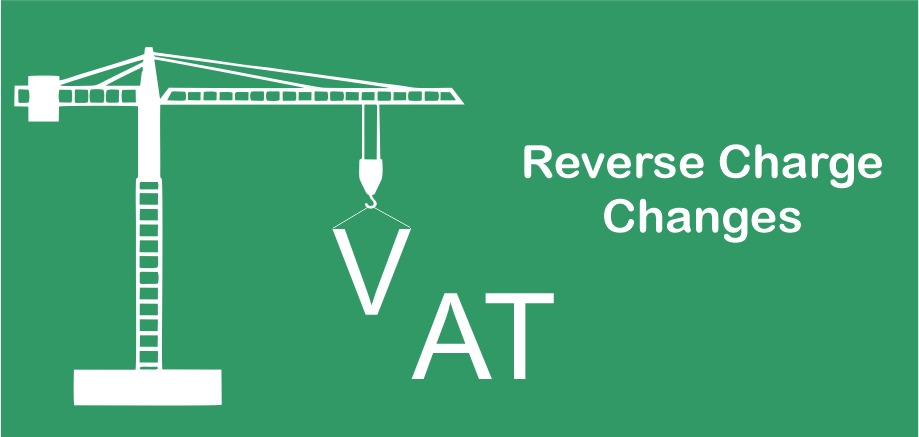It’s imperative for each of us to closely monitor our financial status and ensure that we can put ourselves in a financially sound position, regardless of what happens to our lives. For this reason, having a financial adviser on your side can be the best thing that you could do. Many people are put off by the idea of hiring a financial adviser as they believe the payoff may not be worth the cost. Therefore, you need to understand what exactly you need an adviser to help you with so that you can choose one with the right payment plan for whatever you’re trying to achieve.
Listed below are the typical payment plans that most financial advisers will follow:
Commission-based fee
From 2013 onwards, financial advisers cannot receive a commission on pensions, investments or retirement income products such as annuities.
However, on certain products such as mortgages or Insurance, commissions may still be used.
The charging structure should be given upfront in an initial disclosure document and be agreed in advance. Where not paid through commission and the adviser is paid directly by the client this can take several different forms:
An initial fee
When undertaking work on pensions, investments or retirement income products advisers will usually charge an initial fee which can be derided either as a percentage on the value of funds to be advised on or by hourly rate.
An ongoing fee
Many advisers will offer ongoing review services on investments. This typically includes at a minimum an annual review to ensure that you’re on track to meet your financial goals. This is typically done on a percentage basis of your overall portfolio but can be done as an hourly rate if preferred.
Now that you understand the payment types, the next thing you need to think about is how to choose one that fits your needs. With that said, here are six things you need to keep in mind when looking for a financial adviser:
1. Their philosophy / culture
You need to know everything there is to know about the adviser’s culture, as that will make a massive difference in the working relationship. If your adviser’s goals and philosophy don’t match yours, how do you expect to make the most out of your arrangement? Therefore, you need to understand and agree with the adviser that you’re closely aligned to
2. Their location
You typically want your adviser to be as close to you as possible, as that will allow you to contact them whenever you need their service.
3. Their service delivery
Some financial advisers will only give you consultations over the phone while others offer all-inclusive services. In general, the more they do, the more they will charge. Therefore, you need to make sure that you know what you need so that you don’t go overboard with the budget.
4. The person doing the work
Some financial advisers work as part of a team to provide their services. This could involve para-planners undertaking admin work, or specialists on particular topics becoming involved in a case where necessary. This is taken into account when providing a quote as to what level of skills will be needed to offer you the right advice.
5. Their qualifications
Each financial adviser will charge different rates based on the demand for their skills, so you will need to look for the qualifications to see if they’re the best fit for you.
5. Their specialism
Different firms excel at different types of work You should always check with your adviser that your case is something their firm has the skills to cover. For example, later life / care fee planning, school fee advice, or complex tax planning.
If you’re looking for a fixed fee financial adviser in Cambridgeshire, Fordham Investment Services is your best option. Get in touch with us today to see how we can help.




